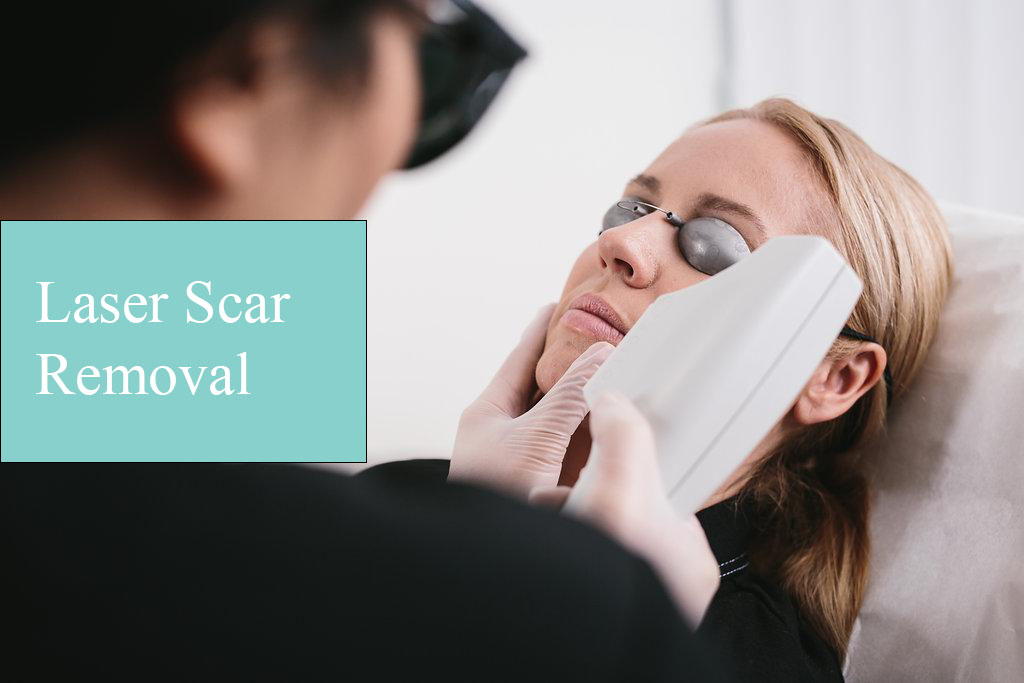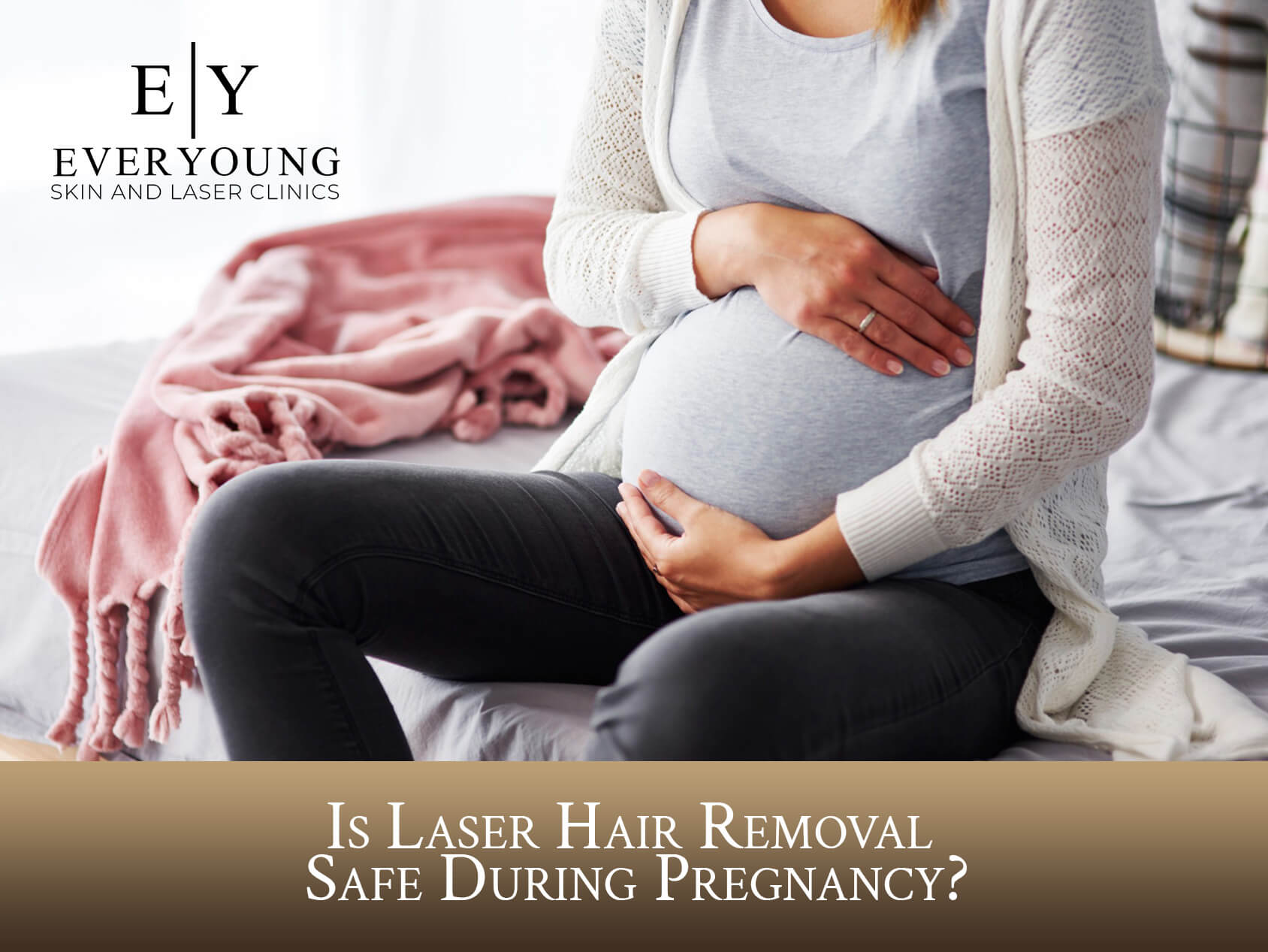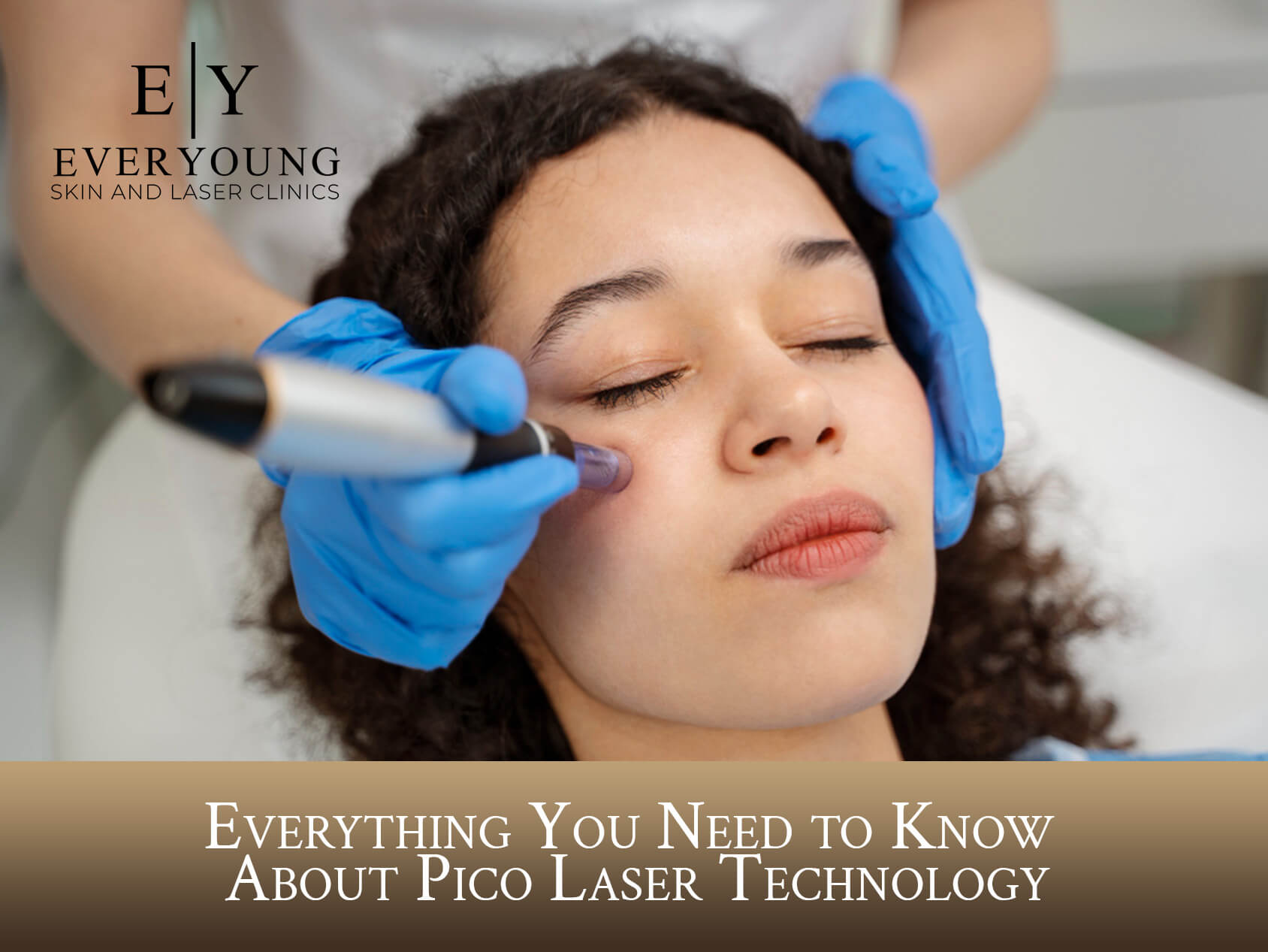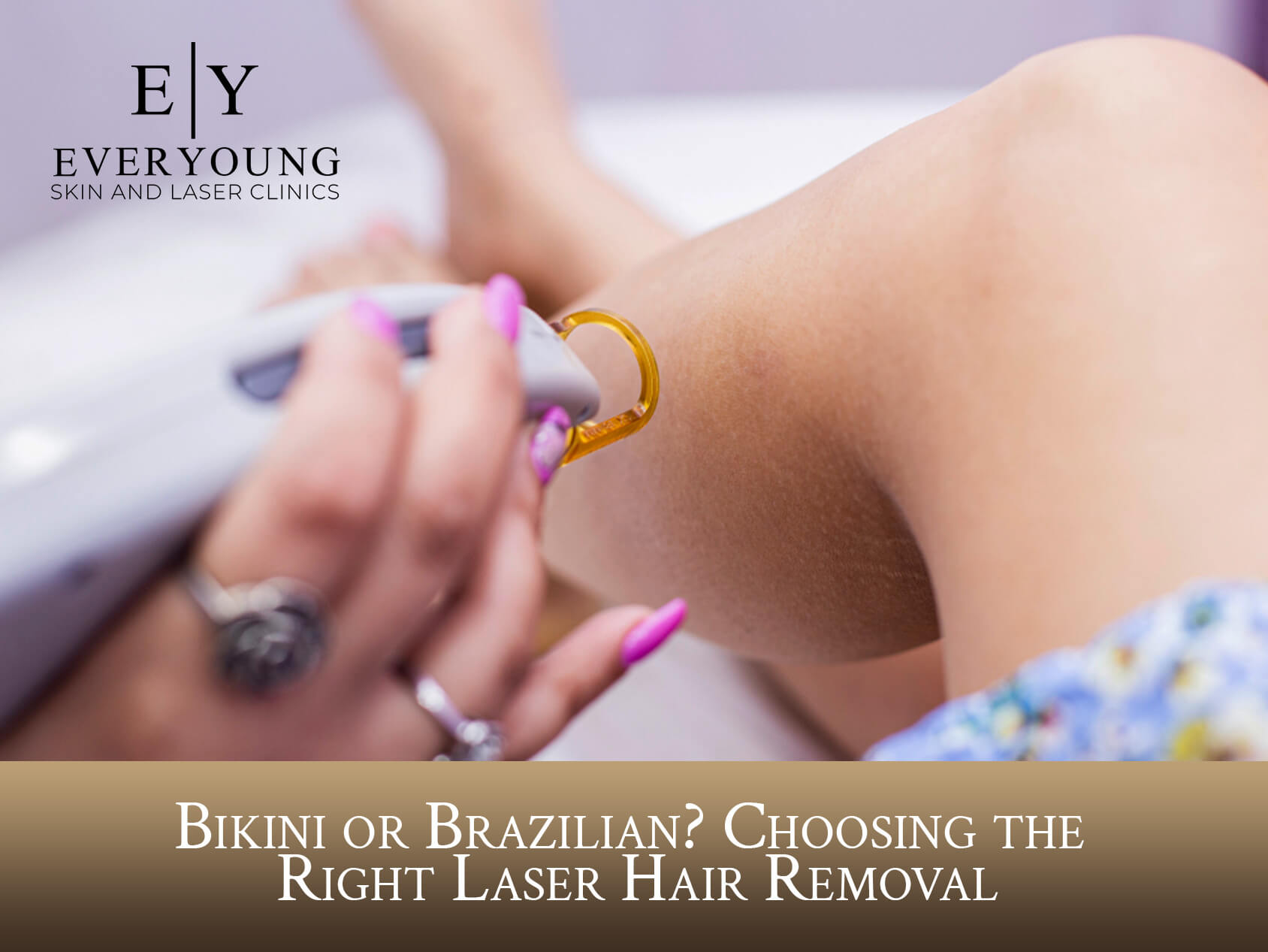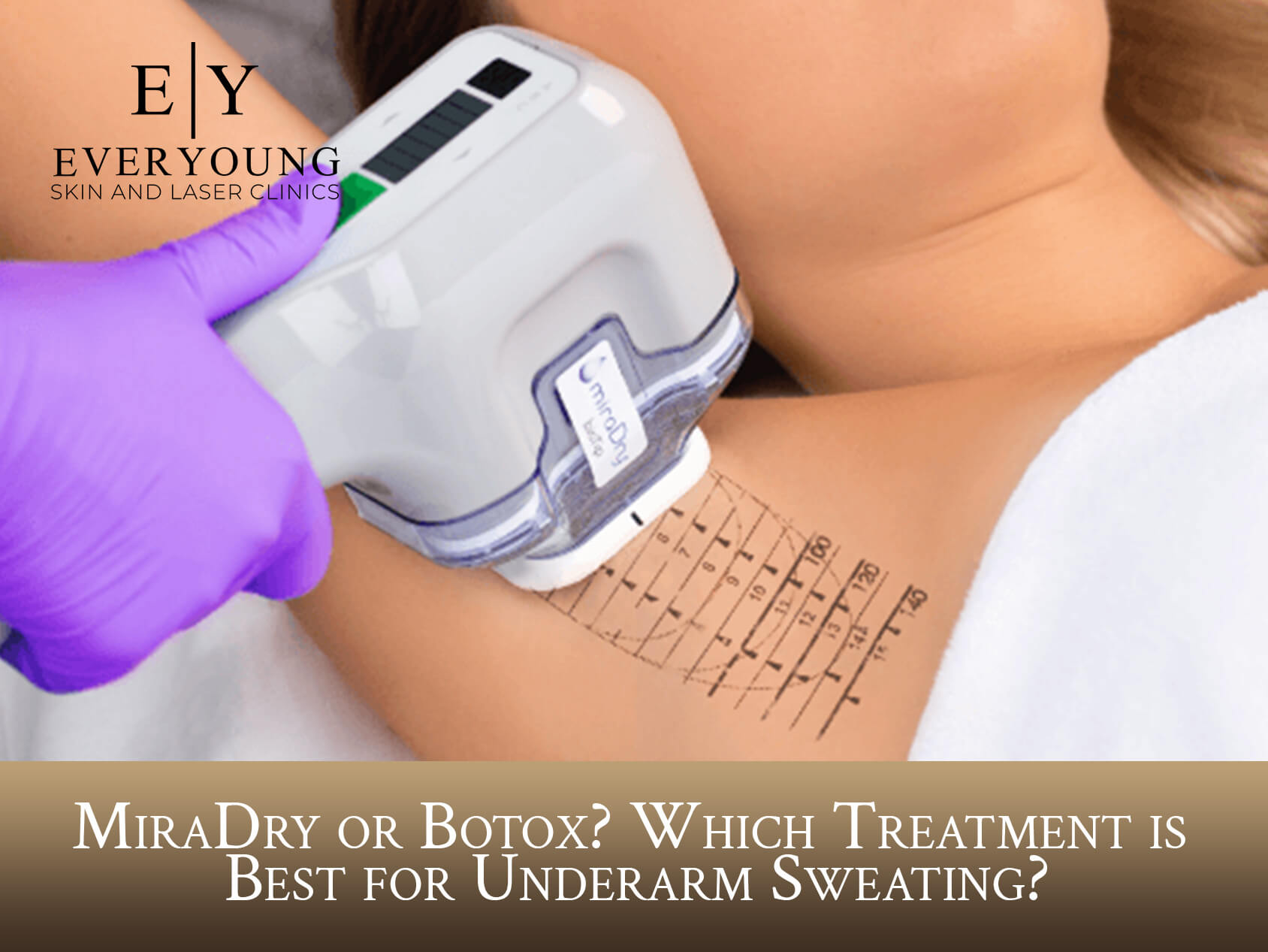Scarring is an inevitable part of the healing process following an injury.
For some, scars are merely a mild annoyance. But for others, scars can be a significant cause of dissatisfaction.
There are various ways to minimize scars, but only a few provide long-term results. LASER SCAR REMOVAL has recently emerged as an effective therapy for reducing or eliminating scar visibility.
Check out this article for more information about this skincare treatment and how it can help improve the appearance of your skin.
How Do Laser Scar Removal Treatments Work?
Laser scar removal therapies employ an intense laser beam to target the scar. The scar will become heated and vanish as a result of this process. The amount of laser scar removal procedures required varies depending on the size and severity of the mark.
How Can Laser Treatment Help With Scars?
Laser treatment minimizes the appearance of scars by breaking down the collagen that makes up the scar tissue. Also, laser energy stimulates the growth of new collagen, which helps fill in and smooth out the scar. Laser treatment can help with all types of scars, including acne, surgical, and burn scars.
It is a non-invasive and proven way to reduce the appearance of scars. It is a non-invasive treatment that does not involve any surgery. Therefore, it benefits those who wish to get rid of their scars without surgery.
Procedures for Laser Treatments for Scars
Laser treatments are becoming increasingly popular for the treatment of scars. Many different types of laser treatments are available, each with advantages and disadvantages.
Allow your skin to heal by intensely targeting from the inside with ProFractional Skin Resurfacing. This laser therapy stimulates new collagen production, resulting in smoother and clearer skin resurfacing from within!
On the other hand, Fractional Rejuvenation is an excellent treatment that uses radiofrequency energy to target skin imperfections without damaging the surrounding tissue. This heat ablates damage and stimulates collagen formation, making your face look younger with less downtime or risk involved!
Any Risks Associated With It?
A laser is used to reduce the scar’s visibility after removing the top layer of the skin. For most scars, laser scar removal is a safe and successful therapy. There are, however, certain drawbacks to this therapy. Some of the risks associated with laser scar removal include:
- Skin irritation
- Changes in skin color
- Pigmentation changes
- Hypopigmentation
- Hyperpigmentation
Laser therapy may be used as a single treatment or in combination with other approaches to reduce pain, itching, and the appearance of scars. As a result, new, healthier-looking skin will grow in place of scarred skin.
Talk about treatment options with your doctor if you are concerned about your scar’s appearance or are physically uncomfortable.
Press Release
Have you ever wondered how laser scar removal works? It’s a process that is still being studied by science, but the basic premise is that the laser removes damaged tissues and encourages new, healthy tissue growth. It can be used to remove all sorts of scars, including those caused by surgery, burns, or accidents.
While the results vary from person to person, many people report significant improvement in the appearance and texture of their skin after undergoing laser scar removal.
We recently wrote a post on laser scar treatment to help our patients learn more information about non-invasive scar treatments. Some of the topics that were covered were how it works with scars and the whole procedure of this treatment.
How Do Laser Scar Removal Treatments Work?
Laser scar removal therapies employ an intense laser beam to target the scar. The scar will become heated and vanish as a result of this process. The amount of laser scar removal procedures required varies depending on the size and severity of the mark.
How Can Laser Treatment Help With Scars?
Laser treatment minimizes the appearance of scars by breaking down the collagen that makes up the scar tissue. Also, laser energy stimulates the growth of new collagen, which helps fill in and smooth out the scar. Laser treatment can help with all types of scars, including acne, surgical, and burn scars.
It is a non-invasive and proven way to reduce the appearance of scars. It is a non-invasive treatment that does not involve any surgery. Therefore, it benefits those who wish to get rid of their scars without surgery.
Procedures for Laser Treatments for Scars
Laser treatments are becoming increasingly popular for the treatment of scars. Many different types of laser treatments are available, each with advantages and disadvantages.
Allow your skin to heal by intensely targeting from the inside with ProFractional Skin Resurfacing. This laser therapy stimulates new collagen production, resulting in smoother and clearer skin resurfacing from within!
On the other hand, Fractional Rejuvenation is an excellent treatment that uses radiofrequency energy to target skin imperfections without damaging the surrounding tissue. This heat ablates damage and stimulates collagen formation, making your face look younger with less downtime or risk involved!
Any Risks Associated With It?
A laser is used to reduce the scar’s visibility after removing the top layer of the skin. For most scars, laser scar removal is a safe and successful therapy. There are, however, certain drawbacks to this therapy. Some of the risks associated with laser scar removal include:
- Skin irritation
- Changes in skin color
- Pigmentation changes
- Hypopigmentation
- Hyperpigmentation
Laser therapy may be used as a single treatment or in combination with other approaches to reduce pain, itching, and the appearance of scars. As a result, new, healthier-looking skin will grow in place of scarred skin.
Talk about treatment options with your doctor if you are concerned about your scar’s appearance or are physically uncomfortable.
To learn more about effective laser acne scar treatment make sure to follow us on social media and check out our blog at Laser Scar Treatment where we talk about the process, how it helps with scars, and potential risks.



